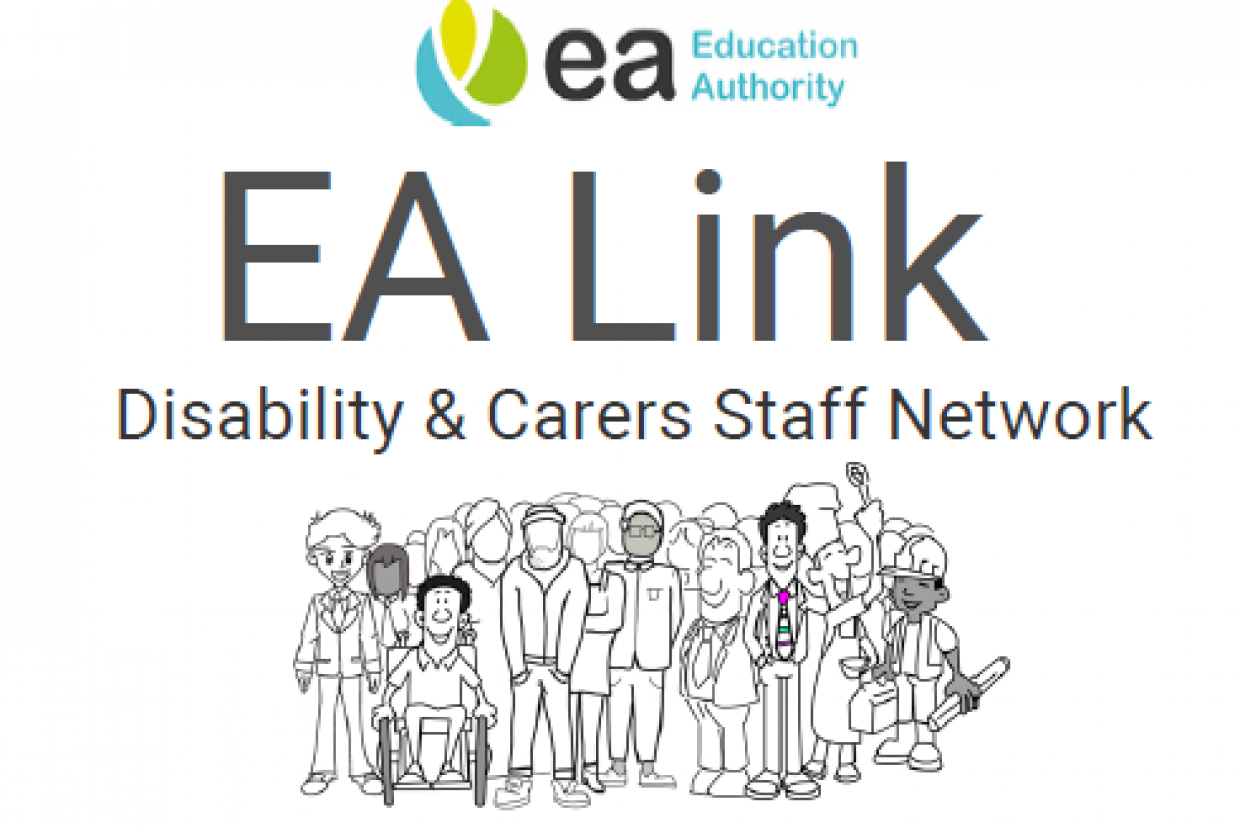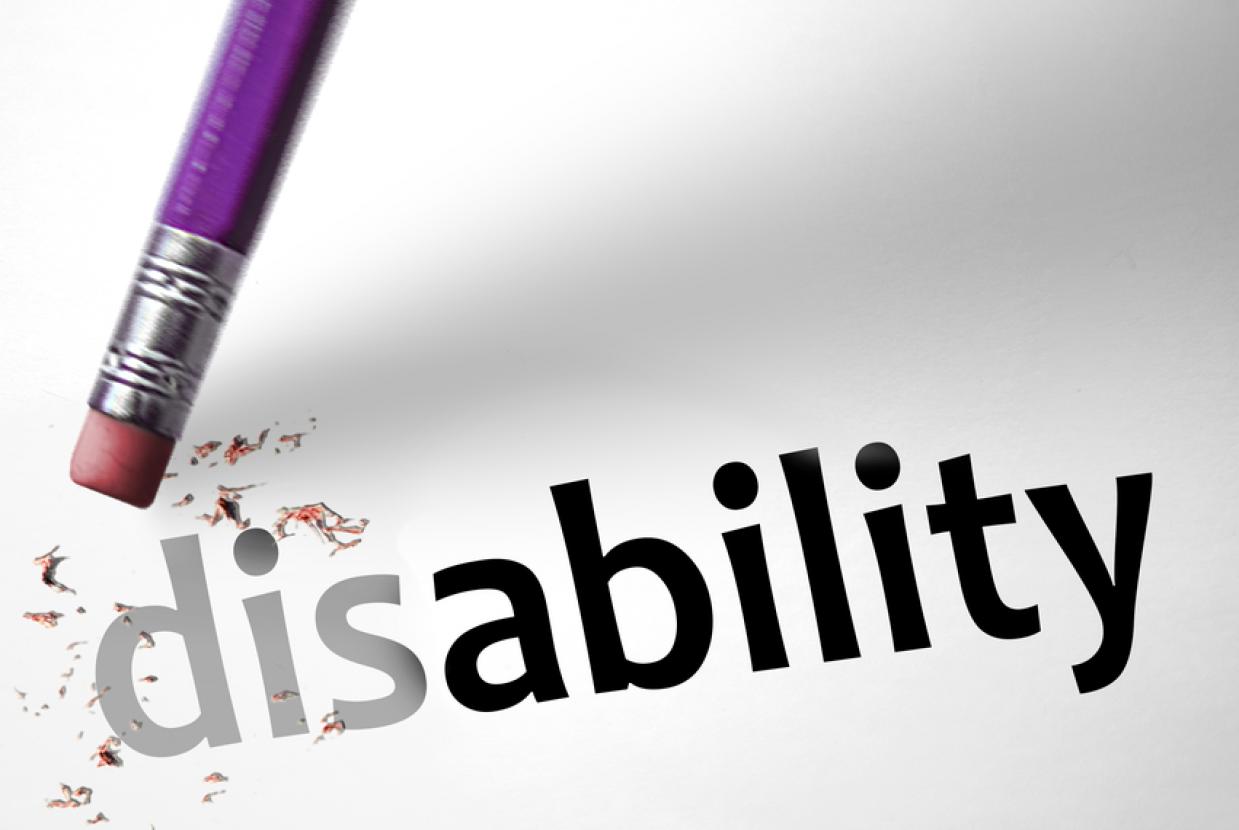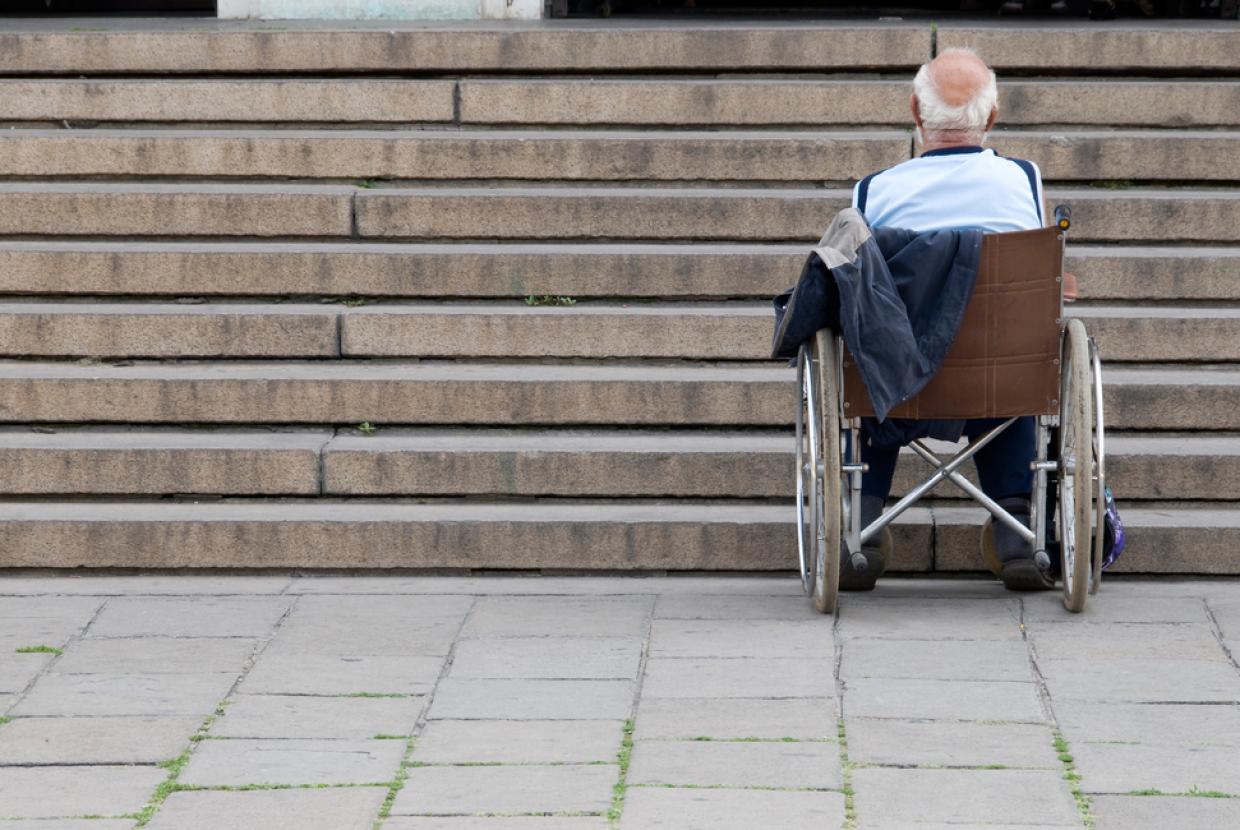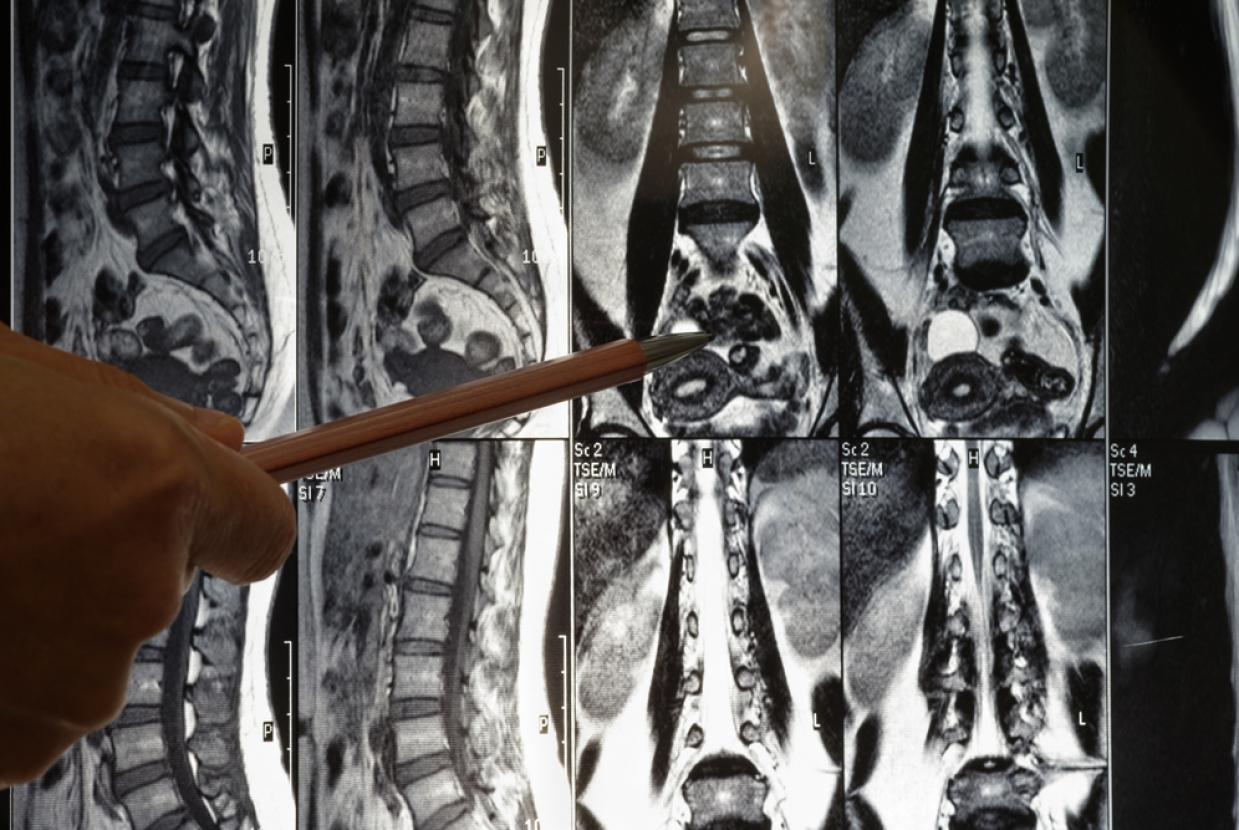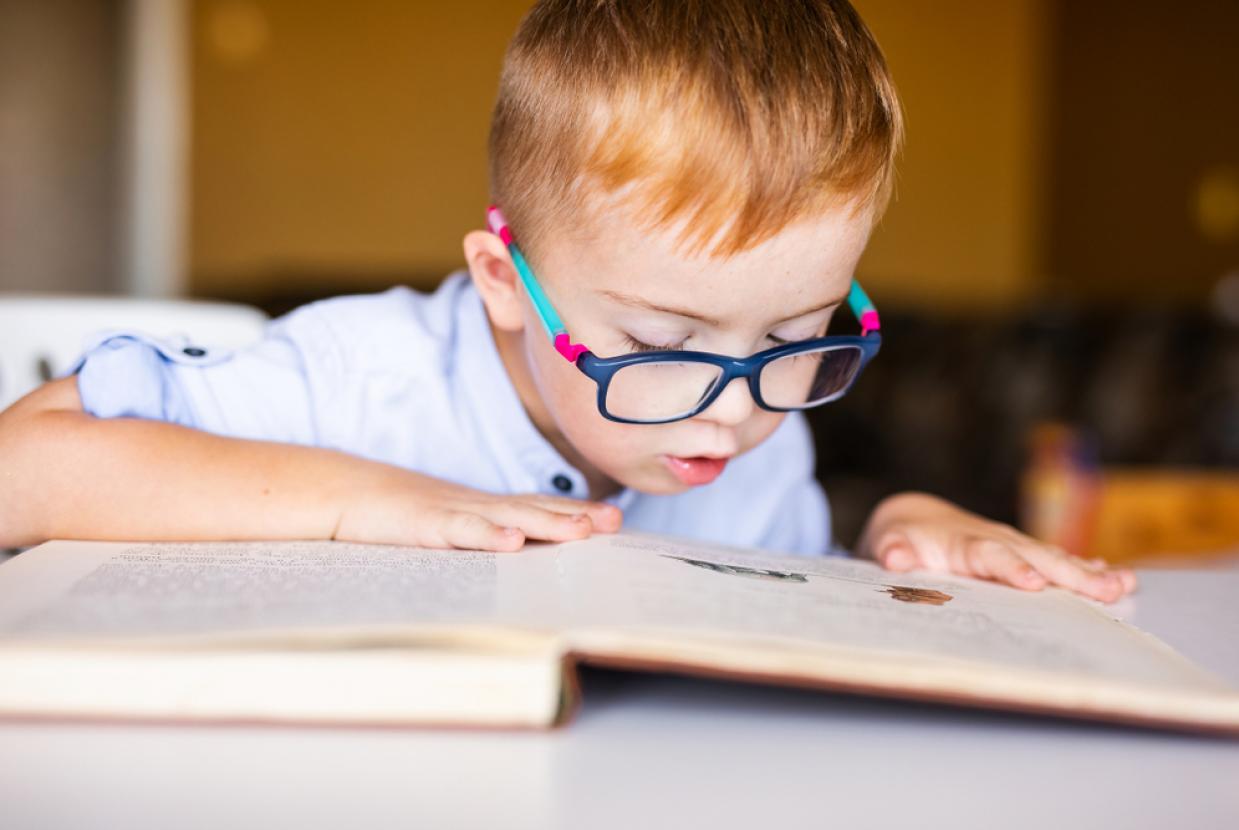Getting Support
Being diagnosed with a learning disability is helpful. This is because it can help you to get the support you need.
Every learning disability is different. Having a diagnosis can be really important and helpful. But some people may feel that they do not need a diagnosis.
A learning disability diagnosis might happen at different ages.
Getting support for children and young people with a learning disability
Some children start doing things like walking or talking later than other children their age. This is nothing to worry about.
But, if you think your child is learning to do things later than other children because they may have a learning disability, speak to a doctor (GP) or your health visitor.
Health, education and social care services work together to find out what support a person needs and put a plan in place for them.
This plan should support children from birth to 25 years old.
Information:
Find out more:
- GOV.UK: SEND code of practice: 0 to 25 years gives advice about special educational needs and disability
- Council for disabled children: What is an Education Health and Care Plan
Getting support for adults with a learning disability
If you have a learning disability you might need some support when you are an adult.
The adult social care department of your local council will work with you to find out what support you need. Your family, carer or support worker can help you with this if you need them to.
This is called a needs assessment.
Find out more about getting a needs assessment.
If you have a family member, partner or friend who needs ongoing care or support with day-to-day life you can also read about working and supporting someone’s health or care on GOV.UK.




